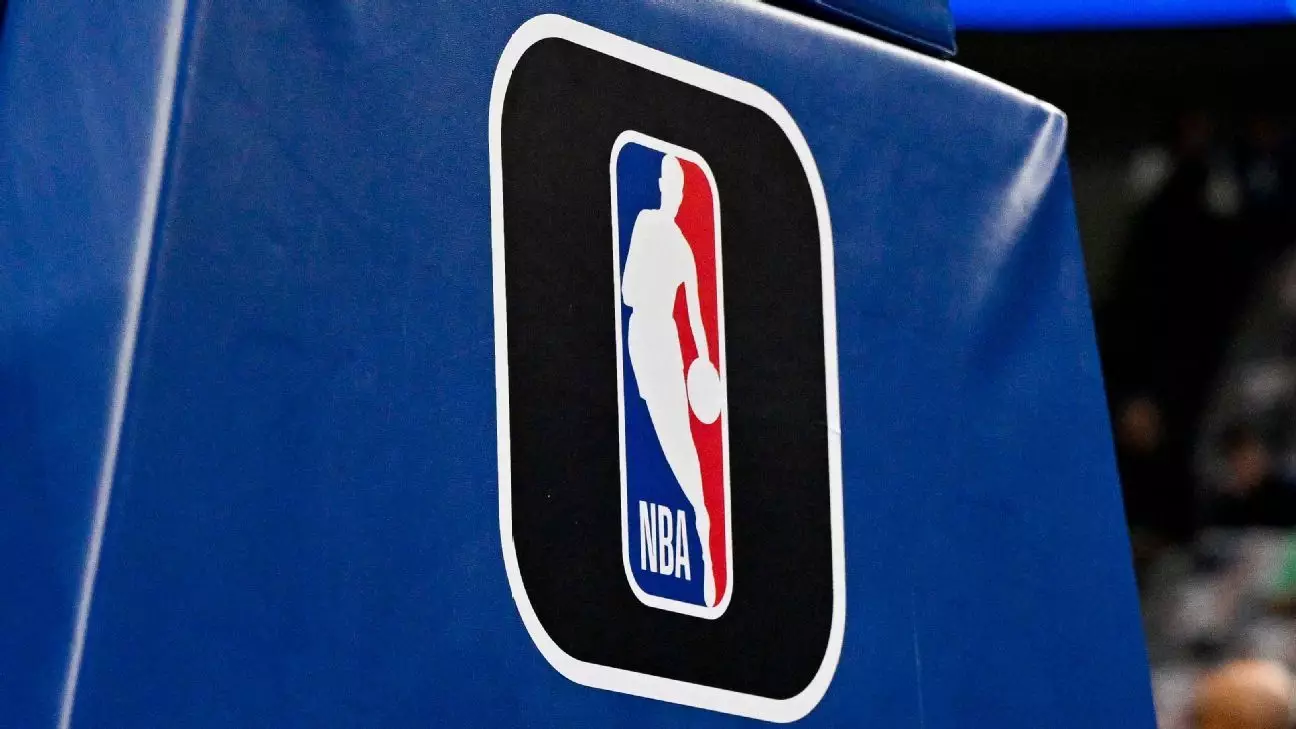The National Basketball Association (NBA) finds itself embroiled in a complex legal battle, highlighting not just the competitive nature of professional sports but also the often-overlooked realm of intellectual property and confidential information. An arbitration hearing convened for the week of July 21 will involve NBA Commissioner Adam Silver as he seeks to mediate a long-standing feud between the Toronto Raptors and the New York Knicks. The origins of this conflict can be traced back to August 2023, when the Knicks accused the Raptors of illegally acquiring thousands of confidential files.
In their lawsuit, filed in a New York court, the Knicks claimed that their former employee, Ikechukwu Azotam, clandestinely provided the Raptors with sensitive data, ostensibly to bolster Toronto’s competitive standing in the league. This allegation strikes at the heart of professional sports integrity, raising questions about trust, loyalty, and ethical boundaries that teams must navigate in their pursuit of success.
The arbitration hearing represents a pivotal moment in the ongoing legal saga. Both teams have summoned a virtual army of legal advisors, and Silver’s involvement adds an extra layer of scrutiny. The Knicks have expressed reservations regarding Silver’s impartiality, primarily due to his close personal and professional ties with Raptors governor Larry Tanenbaum, who also chairs the NBA board of governors. Such connections raise essential questions about the fairness and objectivity that are supposed to define the arbitration process.
The specific claims made by the Knicks are serious. They allege that the Raptors systematically targeted Azotam, who served as an assistant video coordinator, requesting him to retrieve confidential information that included play frequency reports and opposition research. If proven true, such actions could set a dangerous precedent for the conduct among NBA teams, challenging the ethics of recruitment and intelligence gathering in sports.
In a remarkable turn of legal pathways, the judge overseeing the case ruled in June 2024 that Silver should intervene, indicating that the resolution of this matter falls squarely on his shoulders. Despite this ruling, the dynamic between the teams seems to create an even more complicated atmosphere, underscoring the traditional rivalry between the Knicks and Raptors.
In their defense, the Raptors have dismissed the Knicks’ claims as baseless, framing the lawsuit as a misguided attempt to gain positive publicity at their expense. In a court filing from October 2023, the Raptors contended that the so-called “theft of data” encompassed information that was not proprietary but rather publicly available resources that any team could utilize. This argument highlights the gray area that exists in the competitive landscape of professional basketball.
Furthermore, by shifting the focus away from alleged misconduct, the Raptors aim to mitigate the legal impact while distancing their organization from the ethical implications of such accusations. They have called into question the Knicks’ motives behind the lawsuit, suggesting the complexity of the situation goes beyond mere legalities and delves into the reputational battles common in professional sports.
Historically, disputes between professional teams over such matters are a rarity. The only notable instance that ESPN has recorded involved a legal disagreement between the Knicks and the Nets in 1977. However, the current case stands apart as it pivots around basketball-related information, a critical aspect of a team’s strategic advantage. This marks a significant moment in NBA history, indicating that issues surrounding intellectual property rights are progressively coming to the forefront of sports discussions.
The implications of this arbitration hearing extend beyond just the Knicks and Raptors. The outcome has the potential to reshape how NBA teams interact and compete in the realm of player recruitment and data management. If Silver rules in favor of the Knicks, it may embolden other franchises to pursue legal action against competitors in similar situations, leading to a landscape fraught with legal clashes rather than cooperative endeavors.
As the July arbitration hearing approaches, the outcome remains uncertain, but its importance cannot be overstated. It encapsulates the increasingly complex relationship between competition and ethics within the NBA. By examining the intricacies of this case, one can appreciate the broader ramifications it holds for the future of professional sports in America. The Raptors versus Knicks saga will undoubtedly serve as a reference point in the evolving conversation on fairness, competitiveness, and the ethical underpinnings of the NBA.


Leave a Reply